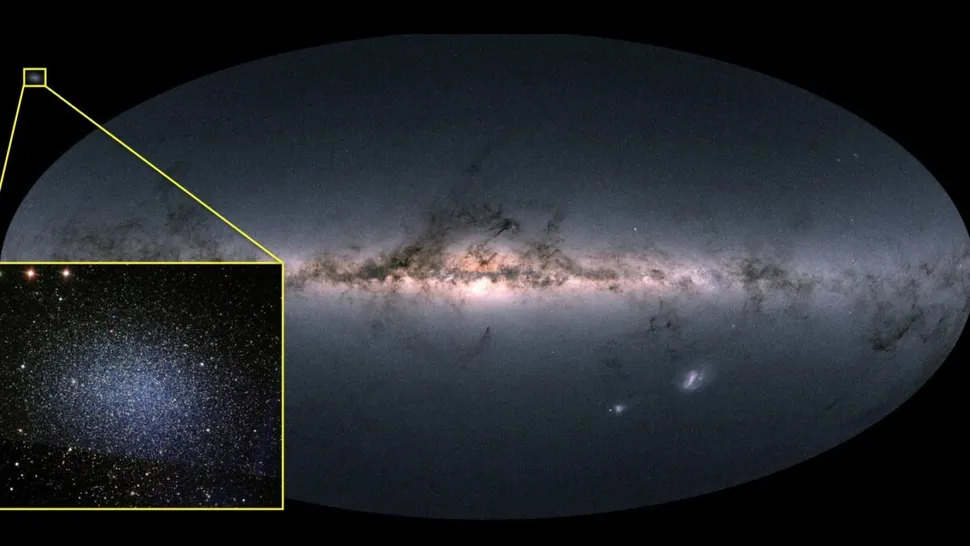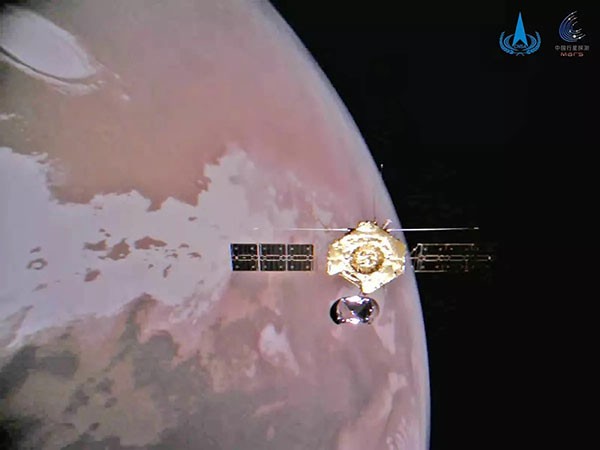EnglishEdward
Deity
When I first heard this, I thought of the old parodies on military recruitment:
Join the army, travel around the world, meet interesting people, and shoot them.
Join the navy, sail around the world, meet foreign beauties, and sink them.
Join the air force, fly round the world, see interesting cities, and drop bombs on them.
Join the space core, (remote) fly a spaceship to interesting asteroids, and blow them up.
Join the army, travel around the world, meet interesting people, and shoot them.
Join the navy, sail around the world, meet foreign beauties, and sink them.
Join the air force, fly round the world, see interesting cities, and drop bombs on them.
Join the space core, (remote) fly a spaceship to interesting asteroids, and blow them up.












